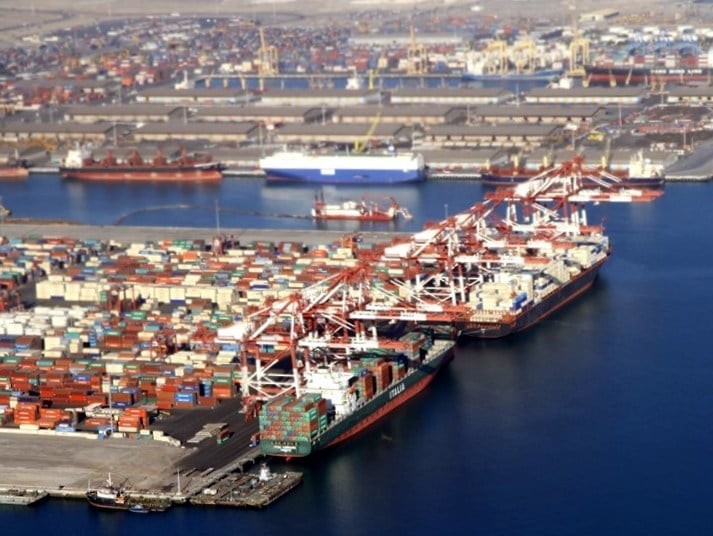Adani Ports and Special Economic Zone Ltd (APSEZ) is eyeing the deal to manage, operate and maintain containers and multi-purpose terminals of the Chabahar port in Iran, which was partially earlier this month. Apart from APSEZ, JM Baxi Group and JSW Infrastructure Ltd. have also been shortlisted on a tender floated by India Ports Global Ltd.
Set up by the Indian government to make strategic investments in overseas ports, Ports Global is a 60:40 joint venture between Jawaharlal Port Trust and Deendayal Port Trust. The Chabahar port project is going to be the first overseas venture for an Indian state-owned port.
India Ports Global Ltd (IGPL) and Aria Banader Iranian Port inked a deal to operate the container and multi-purpose terminals at Chabahar port Phase I, with the capital investment of $85.21 million and an annual expenditure of $22.95 million on a 10-year lease. According to the deal, India Ports Global has to select a strategic private partner for the management of the port for 10 years.
The strategic private partner will be selected by March 31, 2018, a Shipping Ministry official told the Hindu BusinessLine. The contract — Management, Operation and Maintenance (MOM) — will have a fixed management fee and a variable management fee. The bidder with the lowest variable management fee from IGPL will get the deal.
The MOM partner will have to get a special purpose vehicle (SPV) in Iran with a local private partner, the report added.
The first phase development will have container terminal with two berths of 640-meter quay length and depth of 16 meters along with a multi-purpose terminal with a quay length of 600 meters and draft of 14 meters. The port has a total back-up area of 70 hectares.
The Chabahar port is said to be India’s counter to the port of Gwadar on the south-western coast of Pakistan’s volatile Balochistan province, which is run almost entirely by China as a part of its expansive China Pakistan Economic Corridor.
